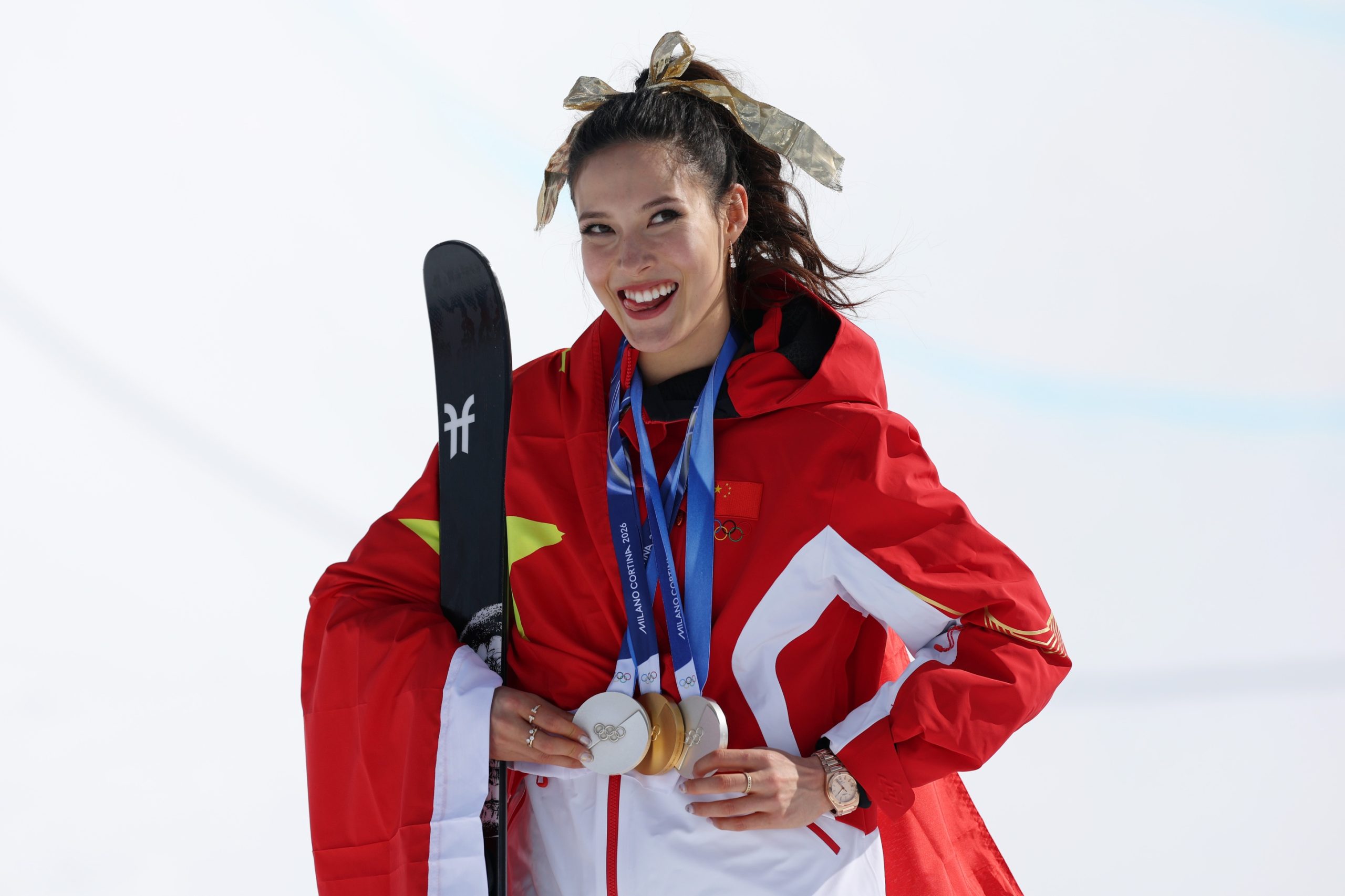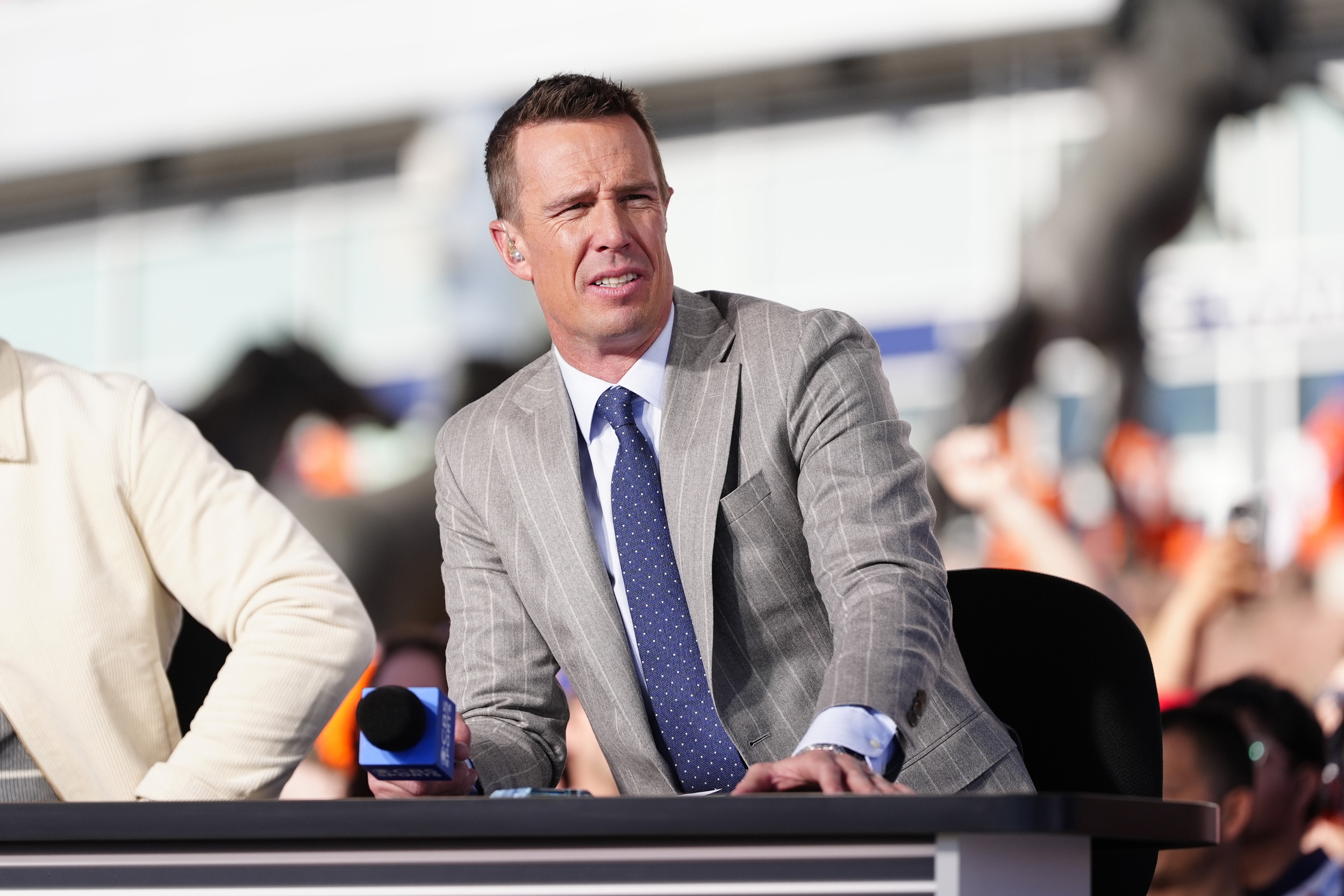After the Chicago area’s branch of the National Labor Relations Board (NLRB) ruled in favor of the Northwestern University football team’s petition to unionize, the decision shook the landscape of college athletics. Not only for the monumental declaration made by the NLRB in claiming that the student-athletes are employees — something that goes against the very ideals of “amateurism,” upon which college athletics are founded — but for the repercussions that would follow any real attempts, successful or not, by the Northwestern football team in their search for equity.
Joshua Winneker, an assistant professor of Business at Misericordia University in Dallas, Pa., recently published an article with EducationNews.org, which for anybody curious, provides as in-depth an analysis of the NLRB’s decision and its legal and practical implications (in under 800 words) as possible. In this article, Winneker, who specializes in labor relations in sports, took aim at the NLRB’s decision and explained why, if it is somehow allowed to proceed, the outcome will only serve to complicate college athletics.
Now, before going any further, it is important we illustrate some information regarding the NLRB’s role in this process and the abilities granted to a group given the right to unionize:
- The National Labor Relations Act (NLRA) — a federal statute passed in 1935 — is at the center of this story. The NLRA, specifically Section 7, gives “employees” three important rights in the labor world: (i) the right to unionize, (ii) the right to collectively bargain with their employers, and (iii) the right to engage in “concerted activities,” which is just a way to say the employees can strike.
So, the Northwestern football team, according to their regional NLRB, are deserving of the same rights as postal workers, machinists and teachers. Winneker explains why this reasoning is so backwards:
In order for the NLRB to reach this conclusion, the board had to first determine that the football players at Northwestern were so-called employees of the college, which is what the NLRB concluded. This paradox is about as troubling writing it down as it was when I first read the decision. According to this legal ruling, college football players are considered employees of their college just like the president, dean of admissions or a history professor. Whatever happened to the notion that they are student-athletes?
The NLRB’s decision was grounded on two basic points: That the players were paid by the university in the form of an athletic scholarship, and that the amount of time they are required to put into football outweighs the time they put into academics. This logic was somehow enough for the NLRB to determine that the players – as employees – can unionize and then collectively bargain with Northwestern University over the “terms and conditions” of their employment. That means the Northwestern football players, who are supposed to be students attending classes, studying for finals, and developing their adult personalities, will be going to the bargaining table over their employment issues. It is hard to imagine.
Winneker goes on to explain more downfalls regarding this proposition, as decisions from the NLRB do not apply to public institutions. So, let’s say student-athletes from some of the football powerhouses like Alabama, Michigan, Florida or Texas decide that they too deserve to be compensated for their work — because surely if there’s a Northwestern union, they should have one too. Well, too bad.
Suddenly, the landscape of college recruiting is thrown off it’s axis, and high school athletes must now consider the prospect of (legal) financial compensation.
Don’t get us wrong, Nick Saban is as close to professional as college football has seen, but that would no longer be the case if the players themselves were deemed professionals, and suddenly, the allure of the Crimson Tide is less than that of the green one (and we don’t mean Tulane).
Recently, Northwestern head football coach Pat Fitzgerald spoke publicly about his desires for his players to vote “No” on April 25, when the team is set to decide whether or not they plan to unionize. On its surface, this seems like the administration quelling their profit drivers. However, Fitzgerald, who was a Northwestern student-athlete himself, could also be protecting his players from an ominous fate. And as the situation stands now, there are a multitude of questions that remain.
If in fact the NLRB claims that the student-athletes are employees due to the existence of scholarships, then what’s to stop the university from taking the scholarships away?
This is only one of the many problems with the NLRB’s decision, and we’ve already used just under 800 words. If you want a better understanding, we highly suggest you read Winneker’s article. As it stands, this decision will be appealed at multiple levels if the Northwestern union decides to move forward.








About Kyle Ottenheimer
Recent Posts
Kevin Durants plans on suiting up for US again
"Hell yeah, I want to play."
Eileen Gu snags 6th Olympic medal
"She is 'Wonder Woman,'"
Matt Ryan breaks silence on Falcons quarterback
"He’s in a good place right now."
Jayden Daniels loves Philly fans
“I love Eagles fans."
Ben Roethlisberger responds to attack on character
"I like to think as we mature and as we grow in our faith."
Tyreek Hill bids Miami farewell
“Major Love to the 305.”